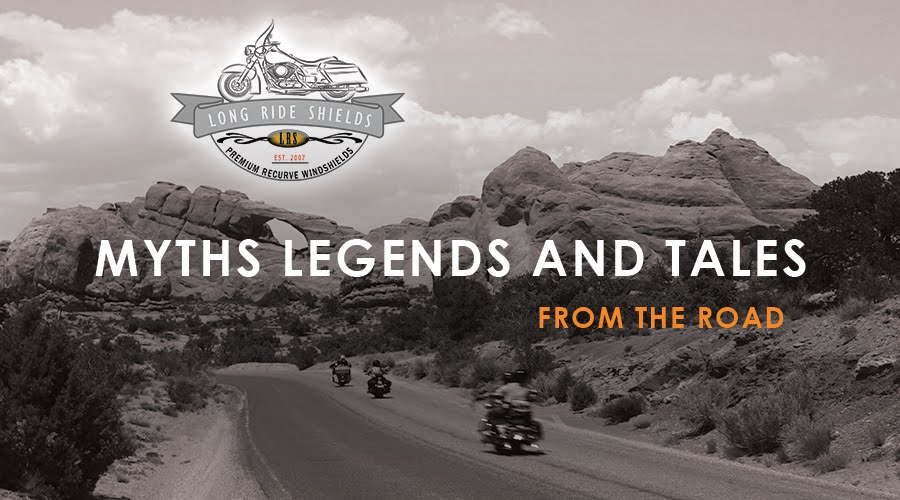
We were all sitting around the shop coming up with ideas for the upcoming Memorial Day events, and what we were to write a blog about. The idea of an interview with a veteran came up, and how awesome it would be to hear from a vet on their service and what they recall about motorcycles in their time of service. I instantly thought about my father and remembered my father telling me stories about his service years. I’m glad that I did think of my dad also, as I had not talked to him in a few days. My father is Robert Cavinder, born April 14, 1929. And, is a World War II veteran. I called Dad during a break to ask him a few questions, mainly to see how he would feel about being interviewed by his son for this blog. Dad and I started out with mostly the usual banter, when I told him about the blog and the upcoming holiday.
 Dad began his service at a young age in 1945, and had enlisted to fight in the war. When he finished his basic training the war had literally ended. Dad stayed on in the military to go on to several locations. Eventually, Dad retired while Gerald Ford was in office. Dad became a fire chief for Pan Am when we were living in Salalah, Oman. We moved to the United States when I was 5, and dad would become a fire inspector when we arrived.
Dad began his service at a young age in 1945, and had enlisted to fight in the war. When he finished his basic training the war had literally ended. Dad stayed on in the military to go on to several locations. Eventually, Dad retired while Gerald Ford was in office. Dad became a fire chief for Pan Am when we were living in Salalah, Oman. We moved to the United States when I was 5, and dad would become a fire inspector when we arrived. I asked Dad about his experiences with motorcycles while he was in service. Dad had ridden a motorcycle before, but never developed a taste for it. Dad told me about the use of motorcycles during the war as messenger services. Soldiers riding Indian motorcycles who were more agile and capable of maneuvering through and around obstacles to get messages to their destinations. I asked Dad a few questions: how long he was in the service, when he decided on his career path, who his favorite president to serve under was, and his most memorable moment. Dad had this to say,
 |
| Me and Dad |
“I served twenty five and one half years active and four and one half inactive reserve.” “I went to firefighting school in 1947.” “We weren’t political in those days whoever was commander in chief was decided by the population of the forty eight states.” I asked Dad what his proudest moment was in service, and his response made me very proud when I read it: “Sometime in the fifties the army raised hell about having to take all of the category five trainees [category five was those people who hadn't any formal education] the Air Force was forced to take a share. These people were made janitors or other menial jobs, considered non trainable, I was stationed in Montana at Great Falls air base and we got five of these individuals. After a couple months I got to know the five assigned to the fire station. To make the story shorter, I felt sorry for their predicament and decided to do something. From the first Sergeant down I couldn't find anyone that had a plausible answer. So, I took these guys to the education center and talked to the guy in charge, we enrolled them in the first grade English and reading class that fit their education level. About ten years later while I was in the far east I was walking on the flight line when I heard my name being called. It was one of the five with three stripes on his sleeve he was in the fire department and a crew chief, he thanked me for what I had done for him.”
I asked Dad afterwards about visiting the graves when I was a kid. Dad told me that it was to let our visits be known to them and let them know that we are still thinking of them.
 |
I am very proud of my dad, and I have a high level of morals and tolerances because of his teachings. Dad has taught me so much on how to be a better person, to think better, to be understanding, and how to respect myself and others. These teachings are being taught to my child as well. And, when the time comes for her to understand why we visit graves, view photos, or celebrate, she will know that we do so to remember. Thank you, Pop.
-Brad Cavinder

No comments:
Post a Comment